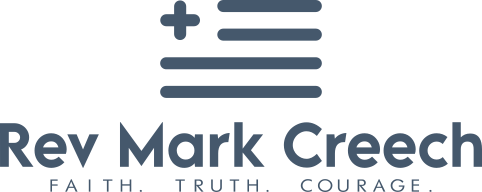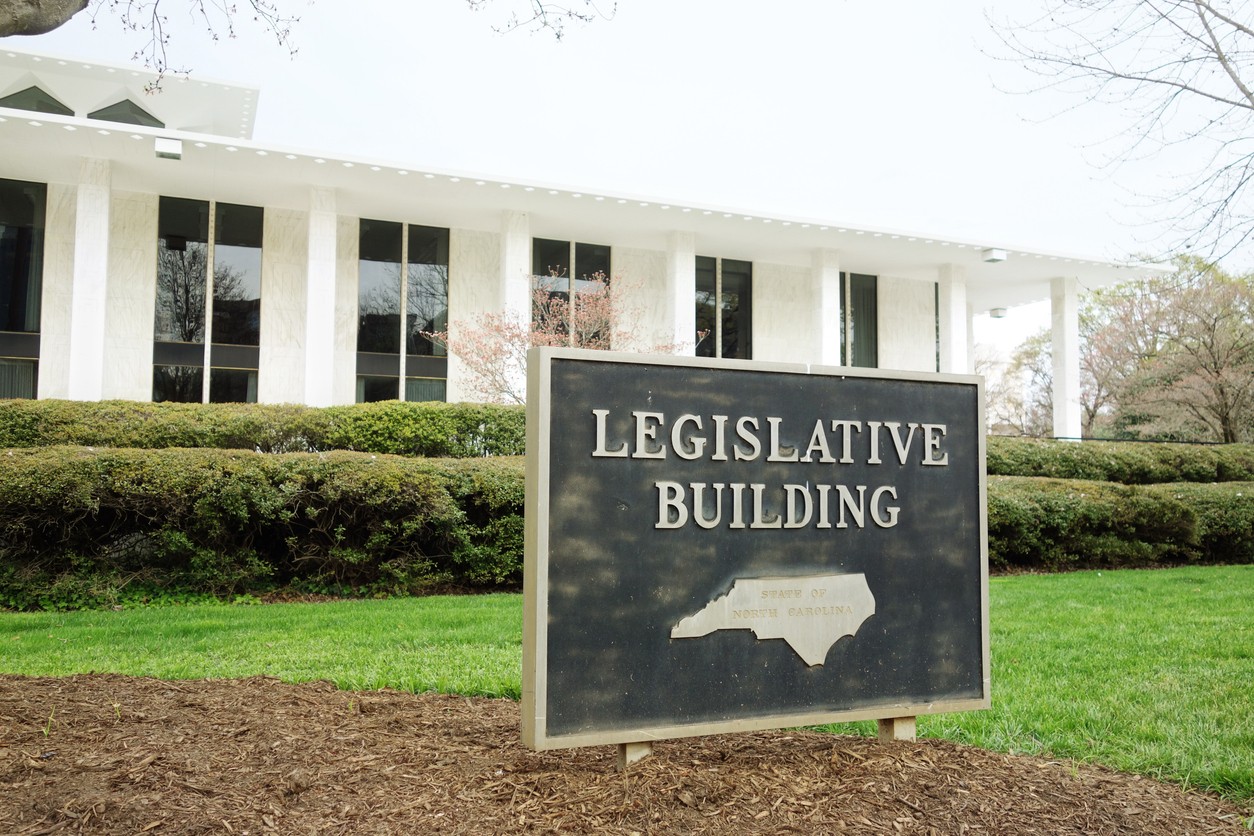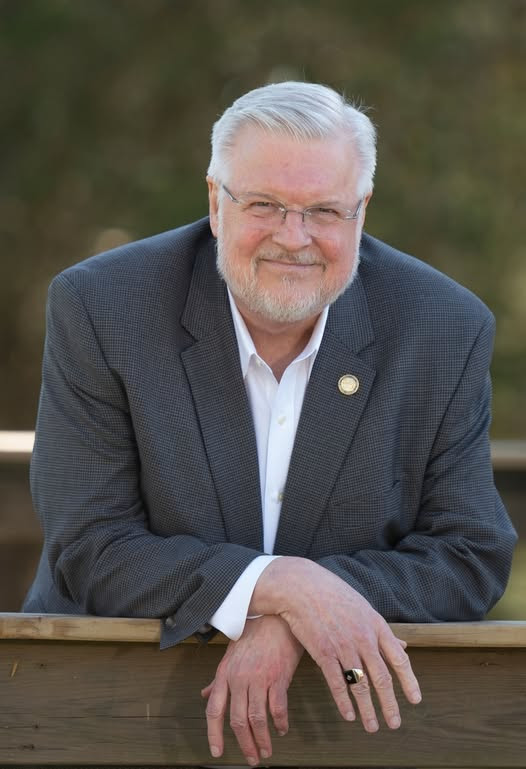By Dr. Mark Creech
Return America
North Carolina lawmakers will reconvene in Raleigh this Monday, October 20th, but expectations for major legislative breakthroughs on the state budget remain subdued. The state continues to operate without a finalized 2025–2027 budget, and negotiations between House and Senate leaders have largely stalled.
According to WFAE, Sen. Ralph Hise (R–Mitchell County), one of the Senate’s chief budget writers, said he is not optimistic that the coming week will bring progress on the budget or on Medicaid funding. “Any time we’re in session, could technical things come up or some appointment got forgot or whatever else. But I just don’t see significant things that I feel are moving at this point,” Hise said.
Despite the budget impasse, the House calendar signals a potentially consequential week: several veto override votes are expected on measures that have drawn strong support from conservatives and faith-based groups. If successful, these overrides would enact some of the most sweeping reforms in years on education policy, immigration enforcement, and gun rights.
Bills on the Calendar for Veto Overrides
SB 227 – Eliminating DEI in Public Education would abolish “diversity, equity, and inclusion” offices and programs in K–12 public schools and prohibit the use of DEI criteria in hiring, training, or curriculum.
SB 558 – Eliminating DEI in Public Higher Education extends similar restrictions to universities and community colleges, effectively ending DEI bureaucracies and related funding across the higher education system.
HB 171 – Equality in State Agencies / Prohibition on DEI applies the same principle to state government agencies, barring DEI-based hiring, training, and operations. SB 227, SB 558, and HB 171 represent a unified effort to remove DEI from North Carolina’s education and government systems.
For many Christian families, these measures are viewed as protecting children and employees from being compelled to embrace unbiblical ideologies about identity, morality, and truth, ensuring that taxpayer dollars are not used to advance agendas contrary to biblical convictions.
HB 87 – Educational Choice for Children Act (ECCA) allows North Carolina to participate in a federal tax-credit scholarship program, giving donors credits for contributions to approved scholarship organizations that assist families with private school or homeschooling costs. For Christian parents, the bill represents a practical way to make faith-based education more affordable and accessible, empowering them to choose schools that align with their convictions.
SB 153 – North Carolina Border Protection Act requires state and local cooperation with federal immigration authorities, penalizes “sanctuary” policies, and conditions certain benefits on lawful presence. Governor Stein vetoed the measure, arguing it diverts law enforcement resources; supporters contend it upholds the rule of law, safeguards taxpayer funds, and reinforces public safety. Many Christian conservatives view it as consistent with Romans 13, affirming the government’s duty to maintain order and justice while extending compassion lawfully.
SB 50 – Freedom to Carry NC (“Constitutional Carry”) would permit law-abiding adults 18 and older to carry concealed firearms without a permit, while retaining the existing permitting system for interstate reciprocity. It also enhances benefits for fallen officers’ families and stiffens penalties for violent firearm crimes. The age and training provisions have drawn controversy, even among conservatives, but supporters argue the bill protects the right of self-defense and ensures tougher penalties for offenders. Governor Stein’s veto makes the override uncertain; several Republicans have expressed hesitation over the 18-year-old carry provision, meaning GOP unity will be essential for passage.
While this upcoming session may not resolve the ongoing budget stalemate, it will test legislative resolve on several fronts – veto overrides, DEI reform, educational choice, border enforcement, and constitutional rights. The outcomes of these votes could profoundly influence the cultural and moral direction of North Carolina for years to come.
At such a pivotal time, believers should be reminded of the apostle Paul’s exhortation in 1 Timothy 2:1–2: “I exhort therefore, that, first of all, supplications, prayers, intercessions, and giving of thanks, be made for all men; for kings, and for all that are in authority; that we may lead a quiet and peaceable life in all godliness and honesty.”
Christians are called to pray earnestly for those in authority – that God would grant them wisdom, courage, and moral clarity to govern in righteousness. Let us lift our state’s leaders in prayer as they deliberate matters touching the fabric of family, faith, and freedom in North Carolina.


